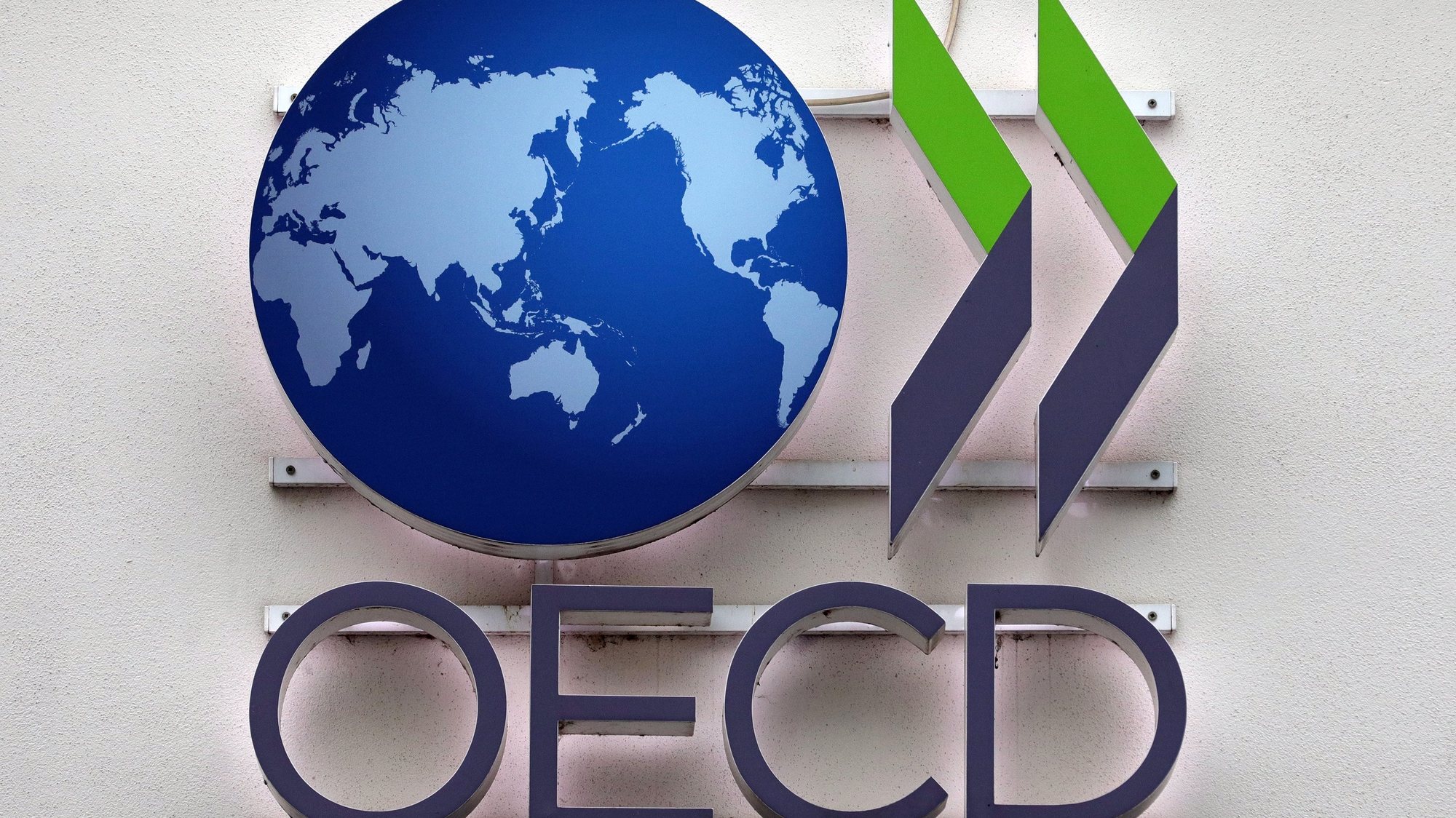Triangular cooperation is on the rise in Africa and the continent participates this Thursday in a third of the projects registered with the Organization for Economic Cooperation and Development (OECD), compared to 21% in 2016, according to the organization.
“African countries are extensively engaged in triangular partnerships with the Asia-Pacific, European and Americas regions, both as beneficiaries and as key partners, sharing their experiences and innovations,” reads a report presented Thursday at the 6th international meeting. about Triangle. Cooperation, which will take place in Lisbon until Friday.
According to the definition presented in the report, prepared by the OECD, triangular cooperation takes place when countries, international organizations, civil society, the private sector, philanthropists or others work in groups of three or more to create flexible projects, innovative and profitable. solutions together to achieve sustainable development goals.
The report finds that triangular cooperation is growing, both in scope and scale, and is growing even more in Africa.
According to figures from the OECD, which maintains the only global online repository of triangular cooperation projects, one third of the 921 projects registered until February 2022 involved African countrieswith the continent accounting for just 21% of projects in 2016.
Comparing triangular cooperation projects involving Africans with others, the OECD concludes that African leaders in triangular cooperation are also among the top 10 recipients of development assistance (ODA) in Africa and that African partners participate in more multi-regional triangular partnerships than partners in other regions.
More than half of the triangular cooperation projects in Africa are in areas of government and civil society (22%), agriculture and food security (20%) and health (13%).
“These sectors correspond to what would be expected from North-South bilateral cooperation,” the authors of the report conclude.
The document also concludes that triangular cooperation with Africa attracts larger budgets and longer projects than other regions of the world and the global average.
The report also shows that this type of cooperation has the potential to address challenges related to three major trends identified by the African Union as critical for the continent’s development: digitalization, climate change and demographic change (youth employment, urbanization and international mobility). .
According to a survey conducted by the United Nations Development Program (UNDP) in 2020, digitization is seen as the most promising area for triangular cooperation (91%), followed by climate change (77%), the rapid growth urban (68%). . %), environmental impacts (64%) and demographic changes (45%).
Health issues related to infectious diseases, particularly Covid-19, were recently mentioned by UNDP as another promising area.
In its report, the OECD presents “ideas for greater triangular cooperation with Africa”, that is, the use of successful cases on the continent in a kind of “circular innovation”.
An innovation in a key country can be expanded with the support of a facilitator, that is, an international organization, and then shared with other countries in the same region”, he maintains.
The report also suggests that African countries align their projects and triangular cooperation with their national development priorities and strategies, thereby increasing participation, ownership and sustainability of results.
Other OECD recommendations are to promote trusting partnerships based on open communication and recognition of socio-cultural differences and to increase research and knowledge on triangular cooperation to harness the full potential of triangular cooperation in Africa.
Source: Observadora
